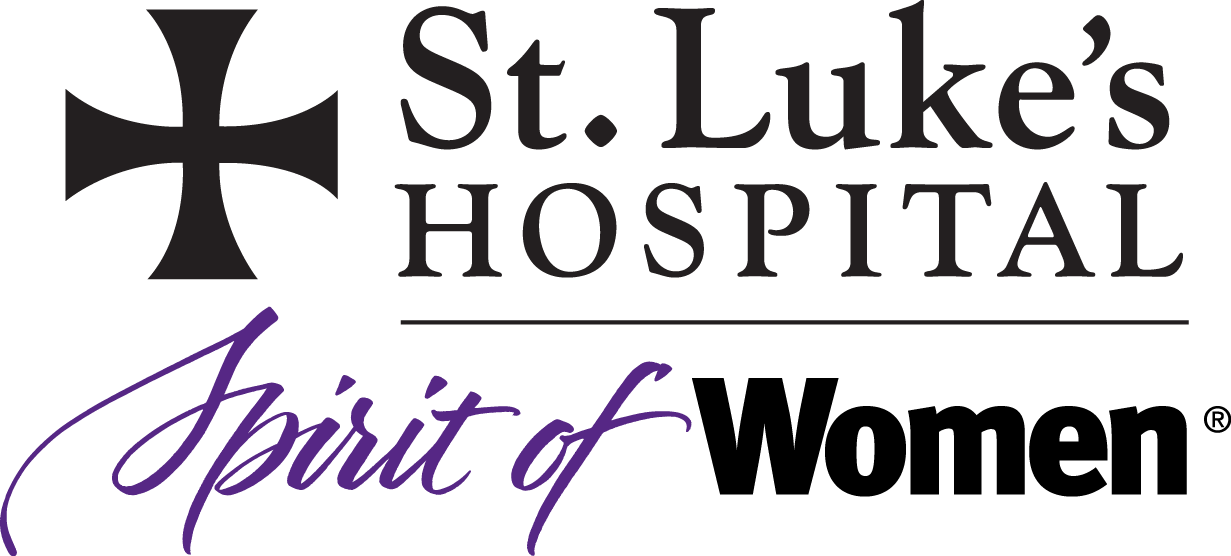Listen to Your Heart: Heart Disease Symptoms You Can’t Ignore
Are you listening to your heart? You should. It could literally save your life. Cardiovascular disease is the number one cause of death in the U.S. In fact, one out of four deaths is due to heart disease.
People who have heart disease often don’t realize it. Don’t be a statistic and be caught unaware. Learn the signs—all the signs—of a possible heart attack or stroke. This can help you avert a medical crisis and ensure you receive prompt medical attention in the event you do have a heart health emergency.
Top 3 signs of heart disease you should never ignore
- Chest pain or discomfort This is the classic heart attack symptom, although men and women can experience chest pain differently. Men are more likely to feel crushing, squeezing or burning pain. Or, the pain may feel like pressure or fullness in the center of the chest. It may radiate to the neck, one or both arms, the shoulders or the jaw. Women tend to feel tightness or pressure in the center of their chest that lasts more than few minutes. Chest pain or discomfort can even go away and then return.
- Shortness of Breath In women, shortness of breath can occur with or without chest discomfort, Men may simultaneously experience flu-like symptoms, sweating and a weak pulse.
- Lightheadedness Feeling lightheaded or dizzy often goes hand in hand with these other symptoms.
If you suddenly experience any of these symptoms, call 911 immediately, minutes count when you are having a heart attack or stroke.
Some people who have heart disease never have chest pain, shortness of breath or lightheadedness.
They may, however, experience less obvious, but just-as-important signs.
Flu-like symptoms or stomach problems, such as heartburn, indigestion or stomachache. If you don’t actually have the flu, but develop chills, cold sweats, nausea—even cold, clammy skin (this is more common in men)—don’t ignore it.
Unexplained fatigue. Women who have heart problems often feel tired, even exhausted, following routine activities.
Unexplained pains. Heart disease can cause pain in the back, neck, jaw, teeth or between the shoulder blades. If you have any unexplained pain, especially if it comes on suddenly, get it checked out.
Fainting. Although fainting is rare, it may mean your brain is not getting enough blood and therefore insufficient oxygen. Seek immediate medical attention if you do faint.
Swollen feet, ankles legs. This may be a sign of heart valve problems.
Persistent cough. A cough, especially if accompanied by white or pink-tinged blood, may indicate heart failure.
All of these symptoms may be due to something other than heart disease, so don’t panic but do take it seriously. See your doctor promptly. You should especially pay attention to these symptoms if you know you have risk factors for heart disease, such as diabetes, high blood pressure or a family history.
Action Items:
Seek immediate medical attention if you experience any of the symptoms of heart disease, or if you have any other, unexplained symptoms. But don’t wait until you are facing a medical emergency. Talk to your doctor now about your personal risk factors for heart disease, and together, make a plan for keeping your heart healthy and preventing heart disease. Simple lifestyle changes can dramatically reduce the likelihood you will develop heart disease.
